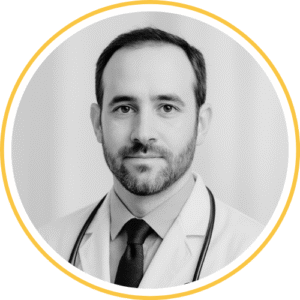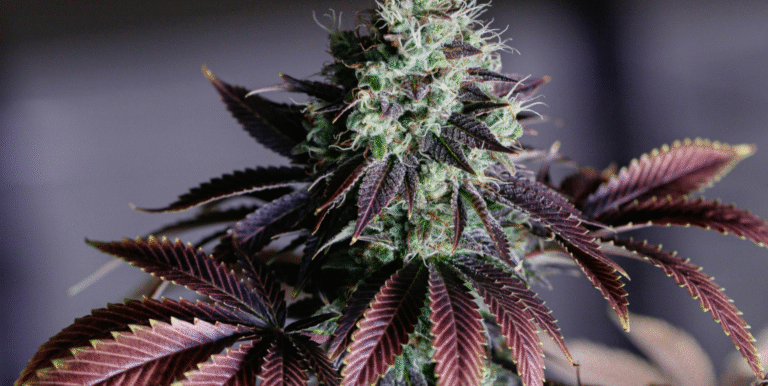Cannabis in Utah: Medical Cannabis Regulations

Does Utah’s medical cannabis program seem a little confusing to you? If so, you are not alone. With its special rules and words, it can feel like a lot to learn.
You might be asking, “Is it hard to get a card?” or “What are the rules about cannabis flower?” These are great questions, and we are here to help.
While the program is unique, it is a clear path to wellness once you understand the steps. This guide will be your simple, step-by-step map. We’ll make navigating the world of medical cannabis in Utah feel easy and straightforward.
Is Cannabis Legal in Utah?
Let’s start with the basics. Yes, medical cannabis is legal in Utah, but only for patients who have a state-issued medical card. Cannabis for recreational or “just for fun” use is still illegal.
The program is run by the Utah Department of Health and Human Services (DHHS). It is designed to give patients with certain health conditions safe access to their medicine.
A Look at Utah’s Qualifying Conditions
So, how do you know if you can get a medical card? The state has an official list of health conditions that can qualify you for the program.
If a doctor has diagnosed you with one of the conditions below, you may be able to join the program.
The Official List of Qualifying Conditions
- HIV or AIDS
- Alzheimer’s disease
- Amyotrophic lateral sclerosis (ALS)
- Cancer
- Cachexia (a serious wasting syndrome)
- Constant nausea that doesn’t get better with other treatments
- Crohn’s disease or ulcerative colitis
- Epilepsy or a condition that causes seizures that are hard to control
- Multiple sclerosis (MS) or a condition that causes severe and constant muscle spasms
- Post-traumatic stress disorder (PTSD)
- Autism
- A terminal illness where a doctor expects a patient has six months or less to live
- A condition where a patient is getting hospice care
- A rare disease that affects less than 200,000 people in the country
- Pain that lasts longer than two weeks and is not helped by other treatments
- A condition where a doctor feels a patient might become addicted to or overdose on opioid pain pills
Your Step-by-Step Guide to Getting a Utah Medical Cannabis Card
If you have a qualifying condition, you might be wondering what to do next. The process to get your card has a few simple steps. Let’s walk through them together.
Find a Qualified Medical Provider (QMP)
The very first step is to talk with a special kind of medical provider. In Utah, they are called a Qualified Medical Provider, or QMP for short.
This is very important: not just any doctor can recommend cannabis in Utah. They must be registered with the state to be a QMP.
Finding a registered QMP is the most important part of the process. To make it simple and fast, services like HealifyNow are designed to connect you with state-approved QMPs online, so you can get your evaluation from the privacy of your own home.
Create Your State Profile in the EVS
Next, you need to create an account with the state online. This system is called the Electronic Verification System, or EVS.
You can do this before or after you see your QMP. The EVS is where all of your information and your doctor’s recommendations will be stored safely.
The QMP Enters Your Recommendation
After you have your consultation, your QMP will log in to the EVS. They will then enter their official recommendation for you into the system. This connects their recommendation to your online profile.
Pay the Fee and Get Your Card
You are almost done! The final step is for you to log back into your EVS account. You will agree to the program terms and then pay the state’s application fee online.
As soon as you pay the fee, you get your medical cannabis card right away! It is a digital card that you can access on your phone.
Approved Forms of Cannabis in Utah
This is one of the most misunderstood parts of Utah’s law. The state has very specific rules about what kinds of products you can buy and how you can use them.
The “No Smoking” Rule is Key
This is a very important rule to remember. You can legally buy cannabis flower (or “bud”) from a pharmacy. However, it is illegal to smoke it.
The law says that you can only use flower with a special device called a dry herb vaporizer. This device heats the cannabis to release the medicine without burning it and creating smoke.
Other Approved Forms of Medicine
There are many other types of medical cannabis in Utah that you can use. The other approved forms include:
- Tablets, capsules, or concentrated oils
- Liquid oils or tinctures that you can place under your tongue
- Topical creams and lotions that you can rub on your skin
- Transdermal patches
- Gelatinous cubes (which are like gummies)
- Vape cartridges that you use with a battery pen
With a variety of products available, it’s helpful to know your options. By learning about cannabis strains and their effects, you can have a better conversation with your pharmacy medical provider about what might work for you.
Possession Limits and Pharmacies
There are a few more important rules to know as a patient.
First, the state has limits on how much medicine you can have. The rule is for a “30-day supply.” Your QMP will recommend a dose for you, but you can never have more than 113 grams of cannabis flower or more than 20 grams of THC in other products at one time.
Second, you can only buy your medicine from a special, state-licensed “Medical Cannabis Pharmacy.” You cannot buy it from any other kind of store.
Keeping Your Card Active
Your medical card does not last forever. You must renew it to keep it active.
Your very first renewal will be after 90 days. After that, you will need to renew your card every six months. For some long-term patients, this may change to once a year.
To renew your card, you will need to have another consultation with a QMP. This is a very important regulation for keeping your legal access to cannabis in Utah.
Staying on top of your renewal dates is essential. Many providers offer an easy-to-use patient portal where you can manage your account, check your renewal deadlines, and easily schedule your next appointment with a QMP.
A Quick Note: Want to get your medical card approval online, sometimes in just minutes? You can get your recommendation quickly at HealifyNowMMJCards! Experience hassle-free access to the care you need. You can begin your application now!
Conclusion
We know this might seem like a lot of rules. But we hope this guide has made the process much clearer.
While Utah’s program has specific rules, like using a QMP and not smoking flower, the process is clear and manageable. Getting a card is a very straightforward path to getting safe, legal medicine.
We hope this guide makes you feel confident in taking the next step on your wellness journey with medical cannabis in Utah.
📚 Table of Contents
- Is Cannabis Legal in Utah?
- A Look at Utah's Qualifying Conditions
- The Official List of Qualifying Conditions
- Your Step-by-Step Guide to Getting a Utah Medical Cannabis Card
- Find a Qualified Medical Provider (QMP)
- Create Your State Profile in the EVS
- The QMP Enters Your Recommendation
- Pay the Fee and Get Your Card
- Approved Forms of Cannabis in Utah
- The "No Smoking" Rule is Key
- Other Approved Forms of Medicine
- Possession Limits and Pharmacies
- Keeping Your Card Active
- Conclusion





